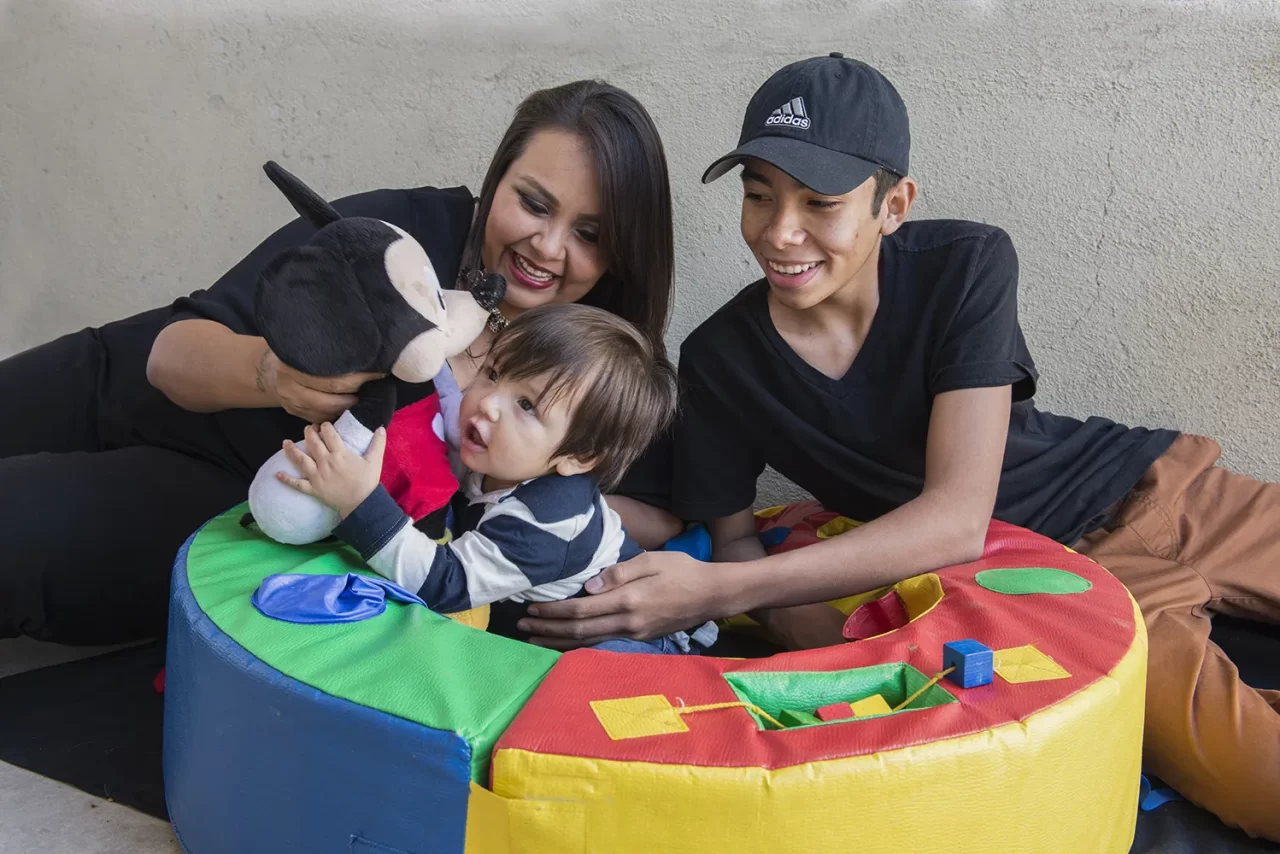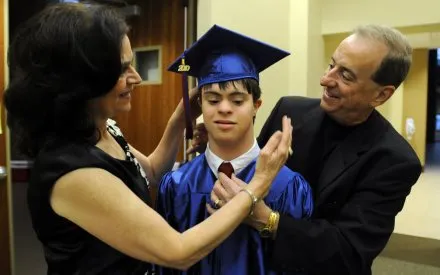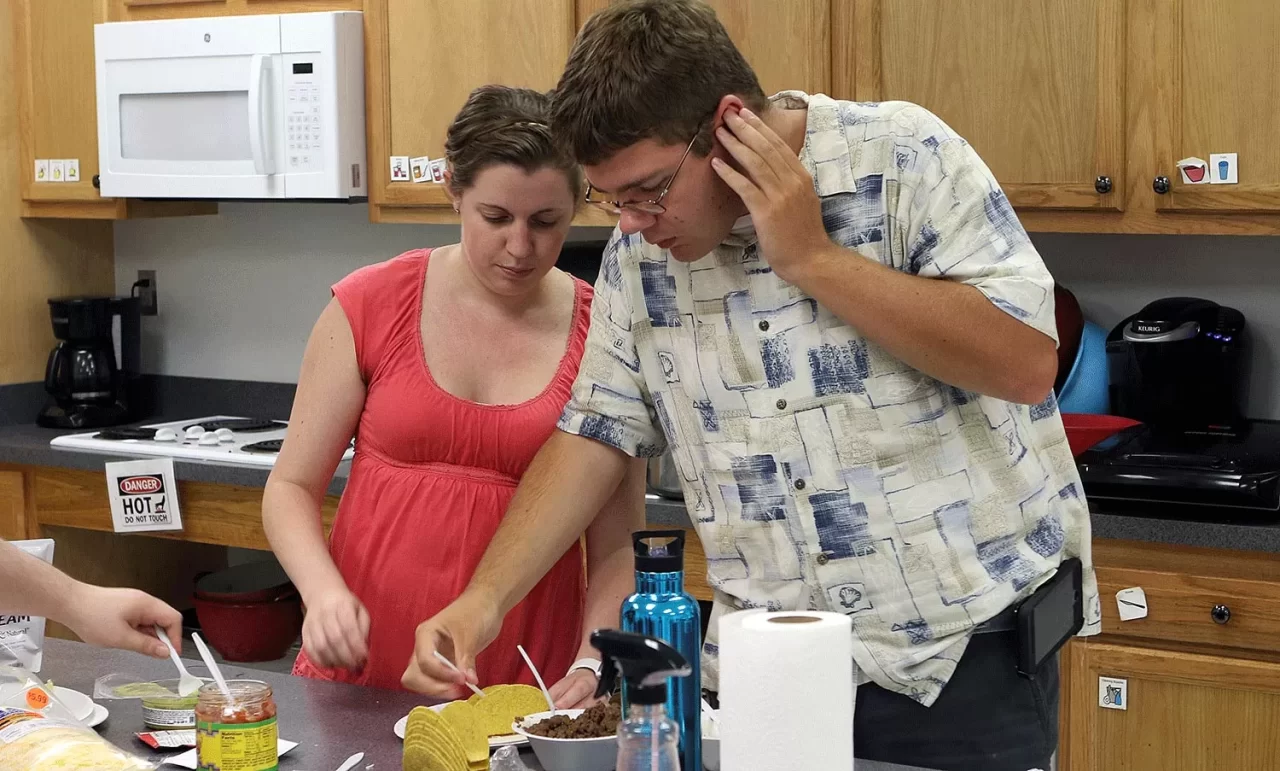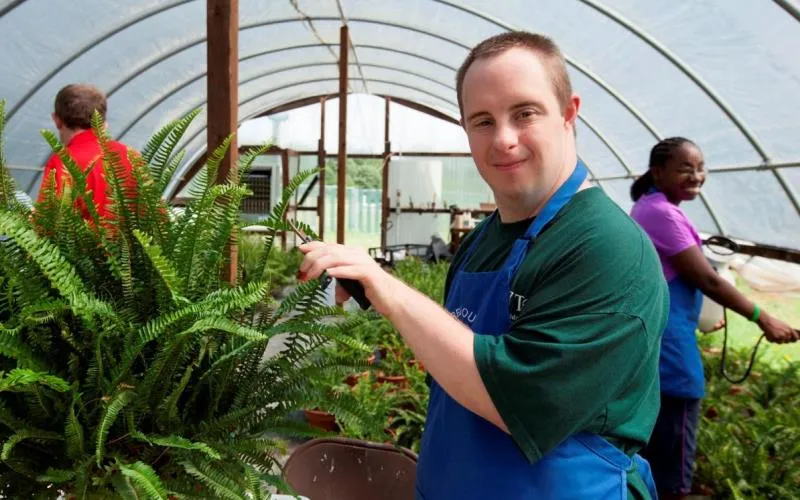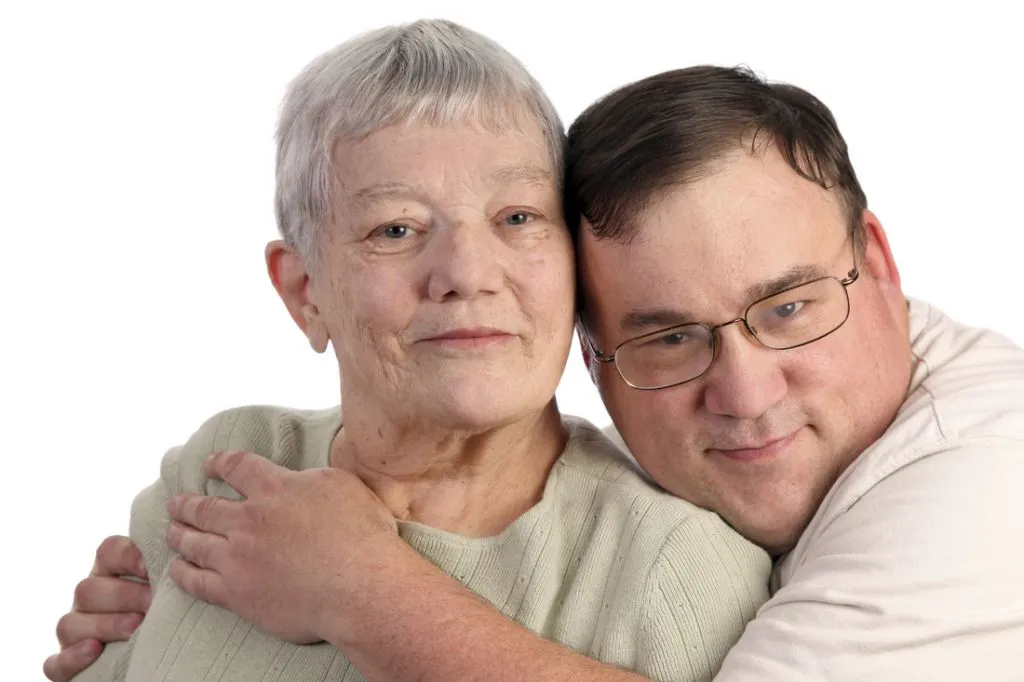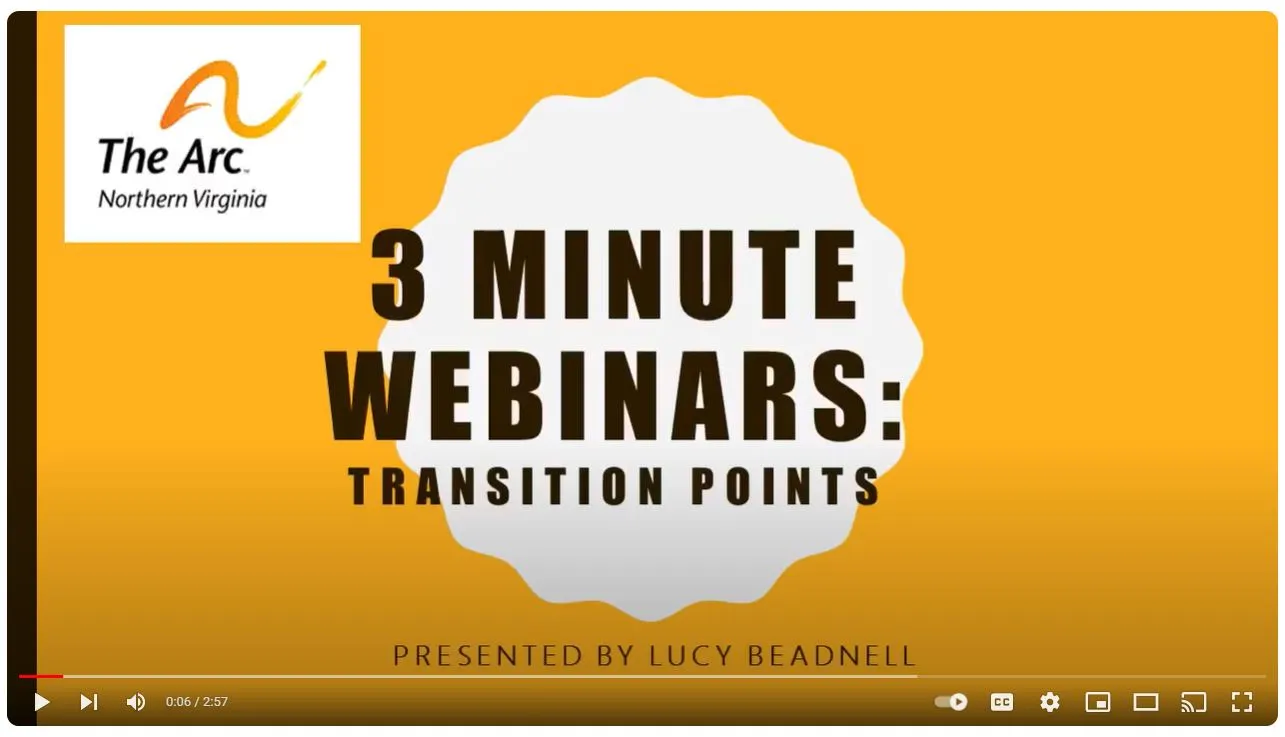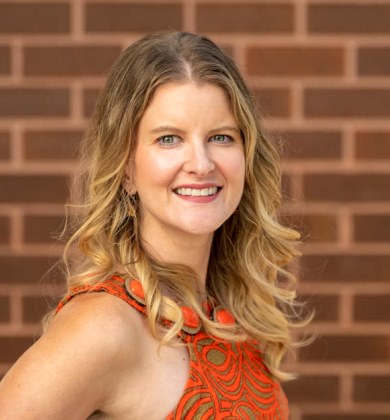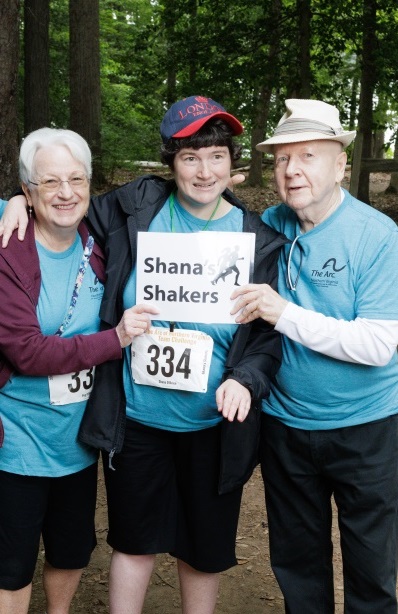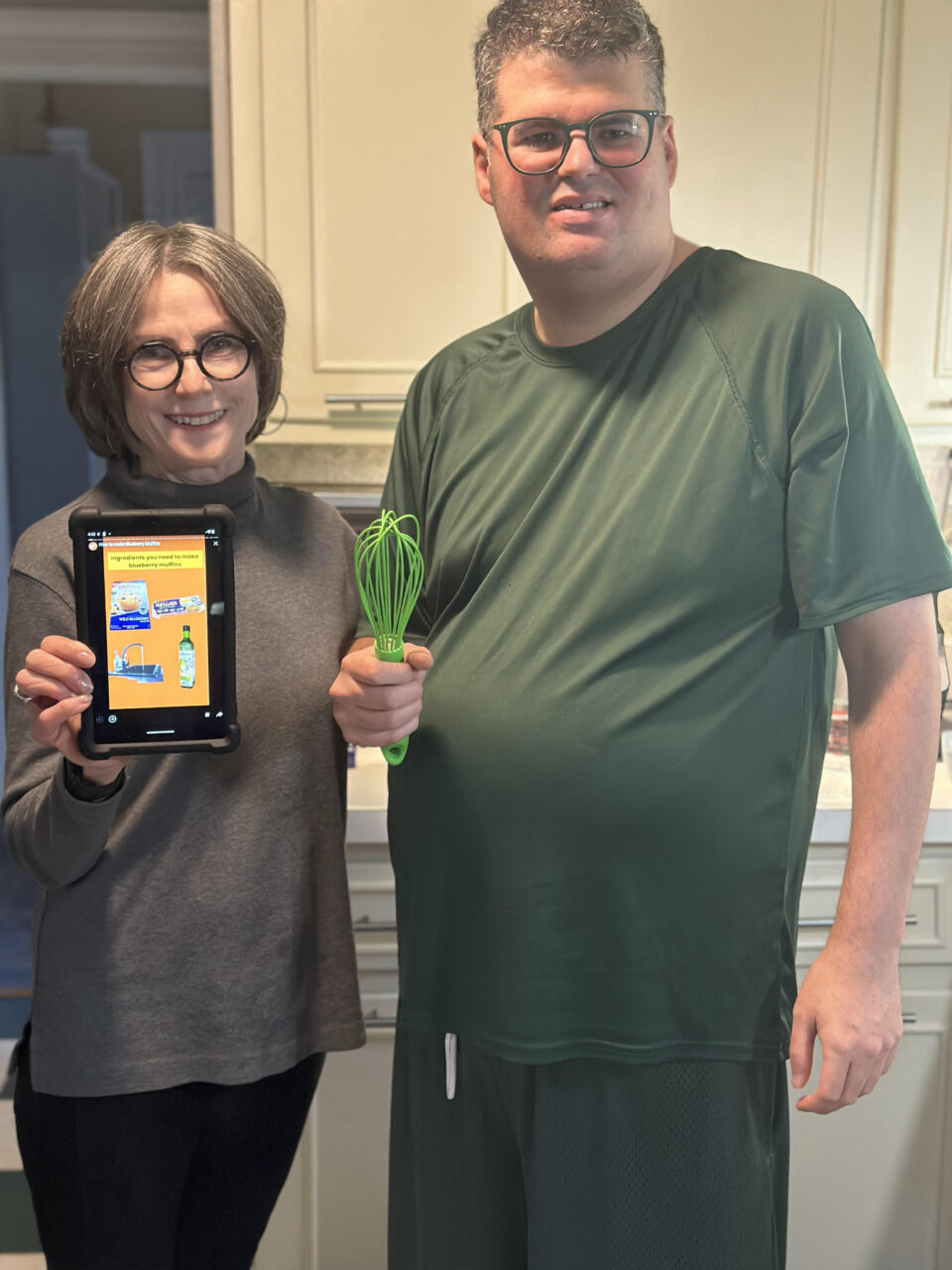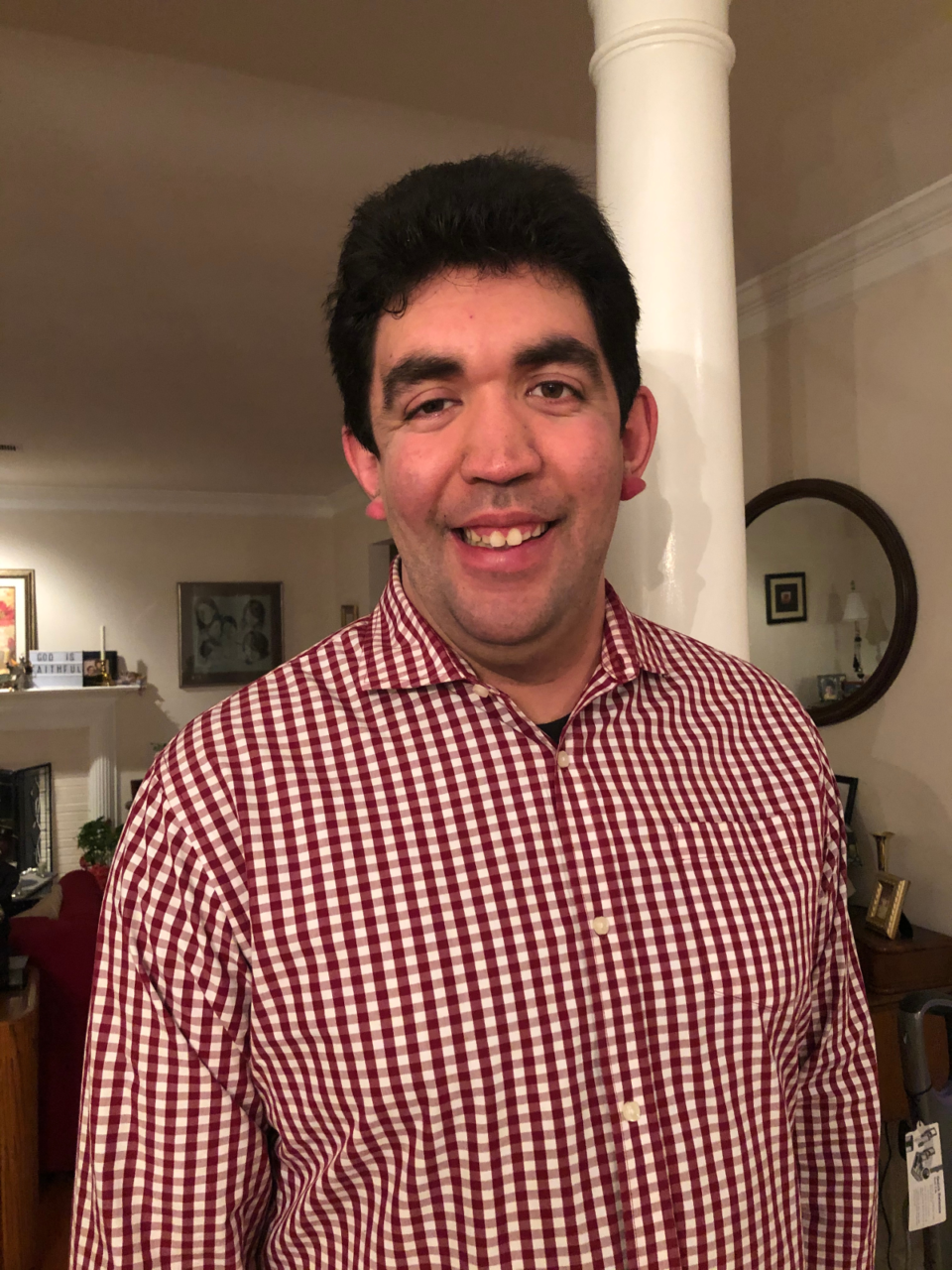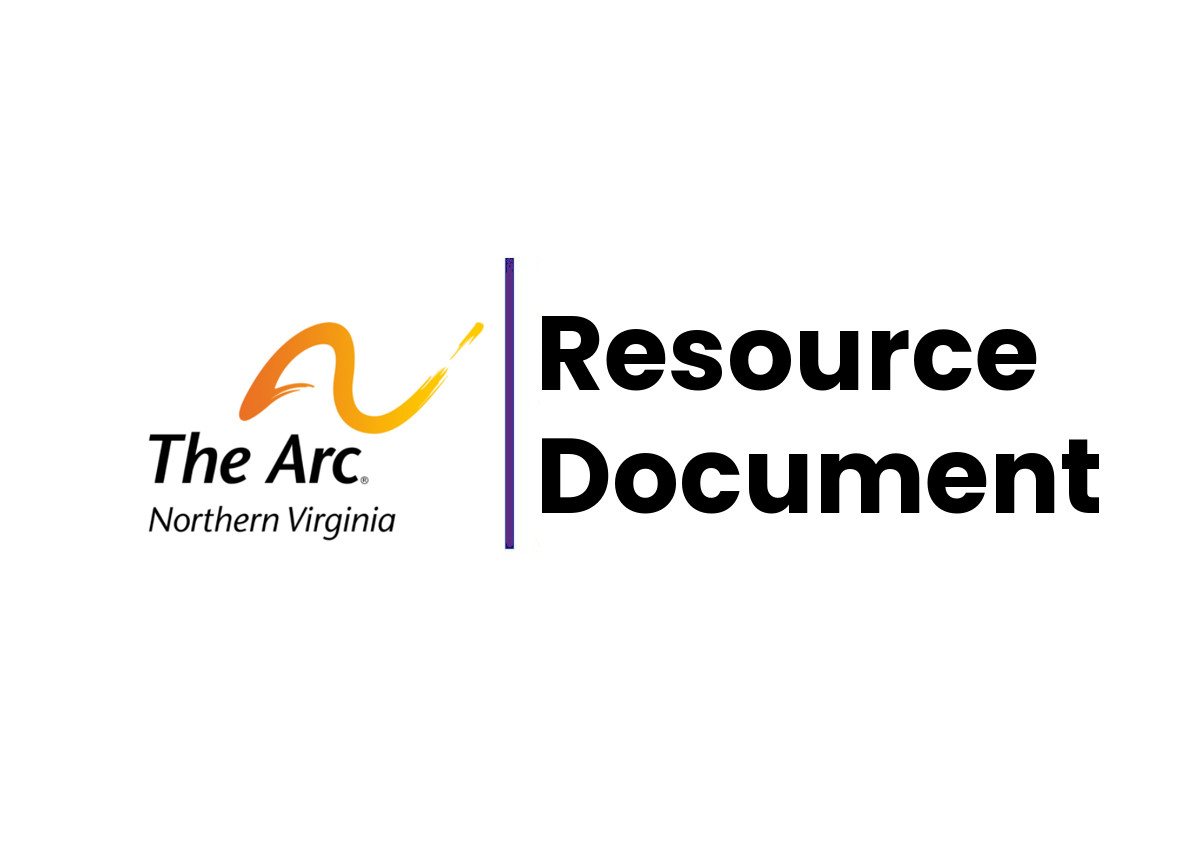If your child has recently been diagnosed with a disability, or if you have concerns about your child’s development, you may be wondering what to do next. If you are reading this, you are already taking the first step: starting early to get help for your baby or toddler.
Transition POINTS
Transition POINTS
Across the entire lifespan
Families need realistic, actionable information with which they can make a wide range of decisions as their child grows up. The Arc of Northern Virginia’s Transition POINTS program (Providing Opportunities, Information, Networking and Transition Support) provides critical information on six key decision points in the lifetime of an individual with an intellectual disability.

Transition POINTS: Providing Opportunities, Information, Networking and Transition Support
PRESENTING OUR SIX TRANSITION GUIDES
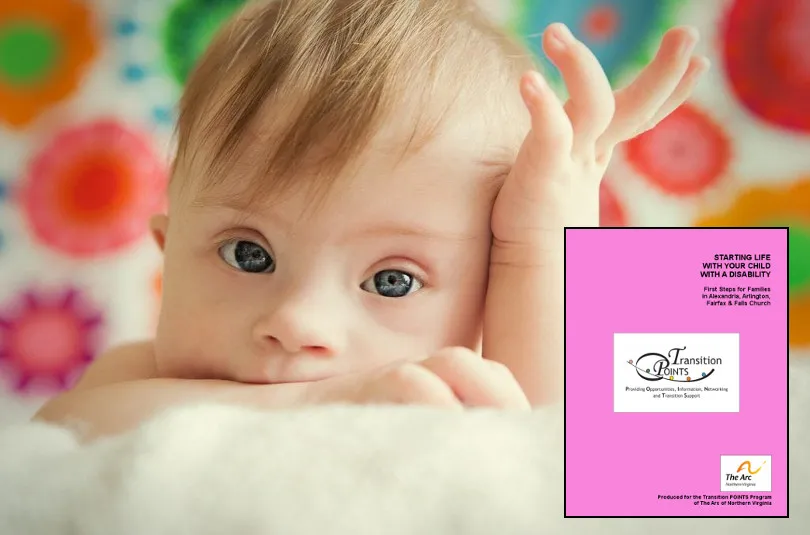

Special Education
If your child is coming into the special education system from an early intervention program, you may be familiar with the process and some of the paperwork involved. If you are new to special education or have concerns about your child’s development or performance in school, this guide will help you act on any decision to seek help from the school system.
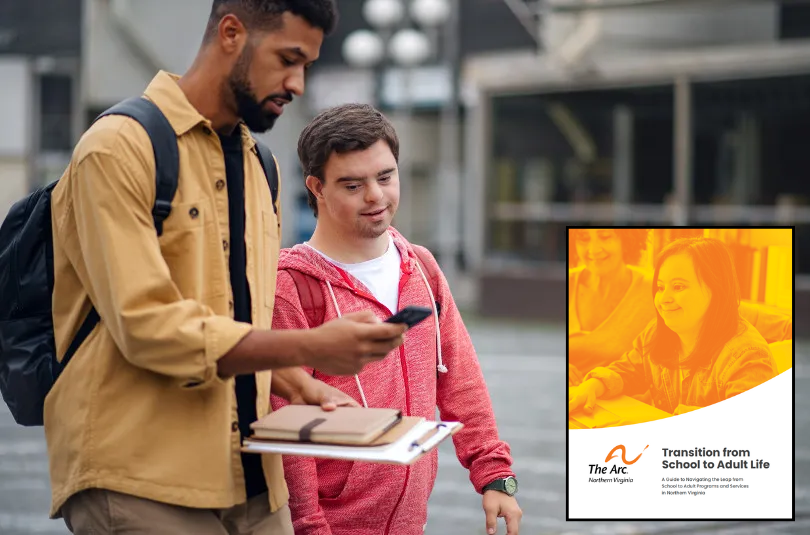
Transition to Adult Services
At age 18, young adults with disabilities begin a new chapter full of opportunities to shape their own futures. Families play a key role in supporting this transition by exploring options and advocating for meaningful services that promote independence, employment, community involvement, and a fulfilling adult life.
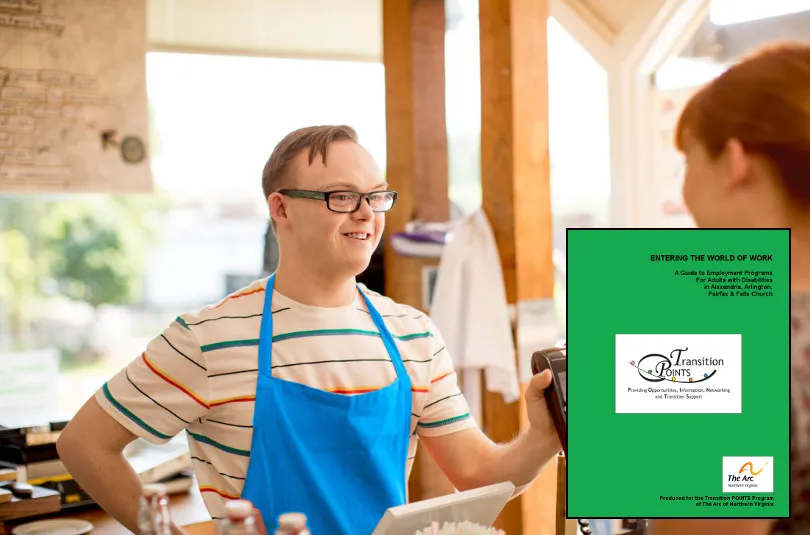
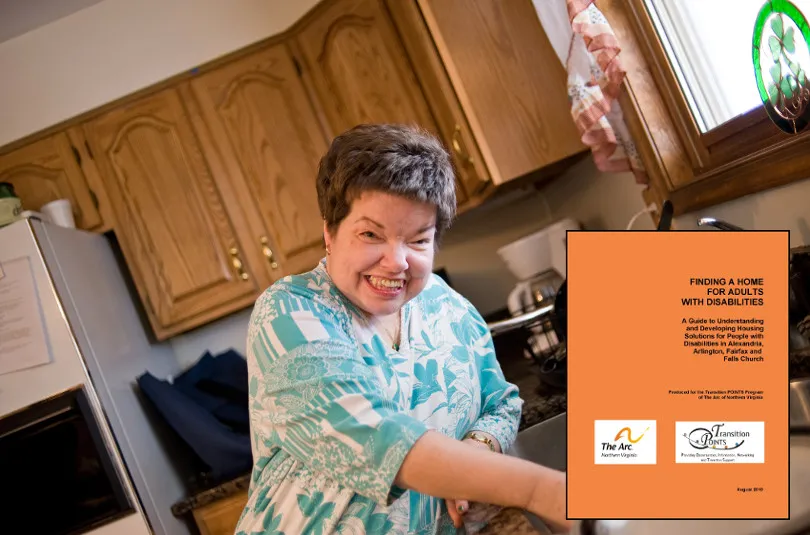
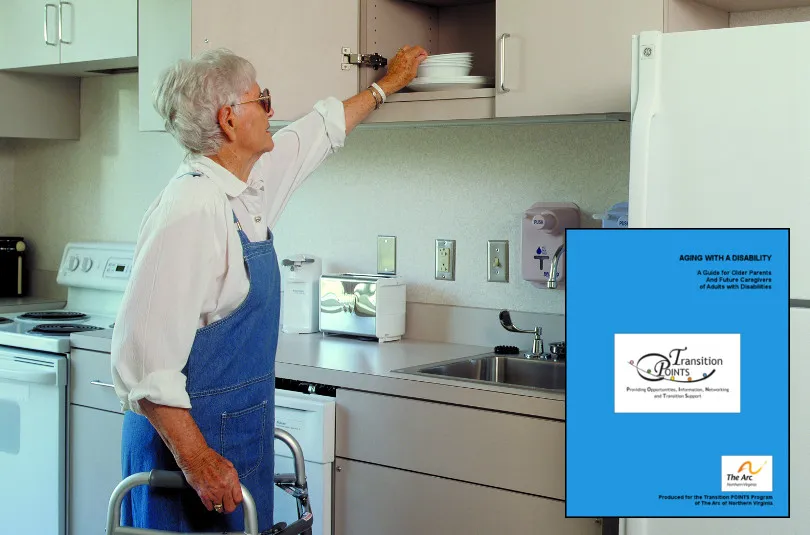
Aging Considerations
As the parent of an adult child with a disability, you have been responsible for making most of the financial, medical, and legal decisions for your family member for many decades. Now that you are getting older, you may want to get ahead of the game and do some future planning.
Testimonials
Expressions of gratitude from those who have been helped by our work
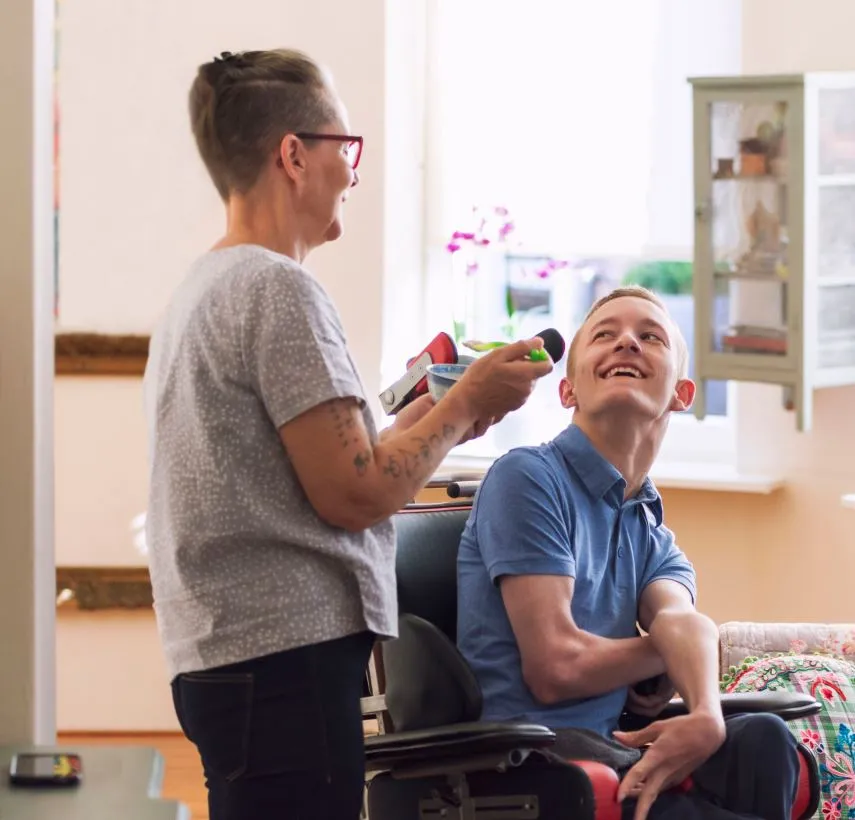
Your Support Makes Our Work Possible
As a 501(c)(3) nonprofit organization, The Arc of Northern Virginia relies on private support from individuals, corporations, organizations, and foundations to fund our efforts. Your generous donations help make it possible for us to provide programs, services, and advocacy so that people with IDD can live “A Life Like Yours.”
Resources Curated For You
Help Center
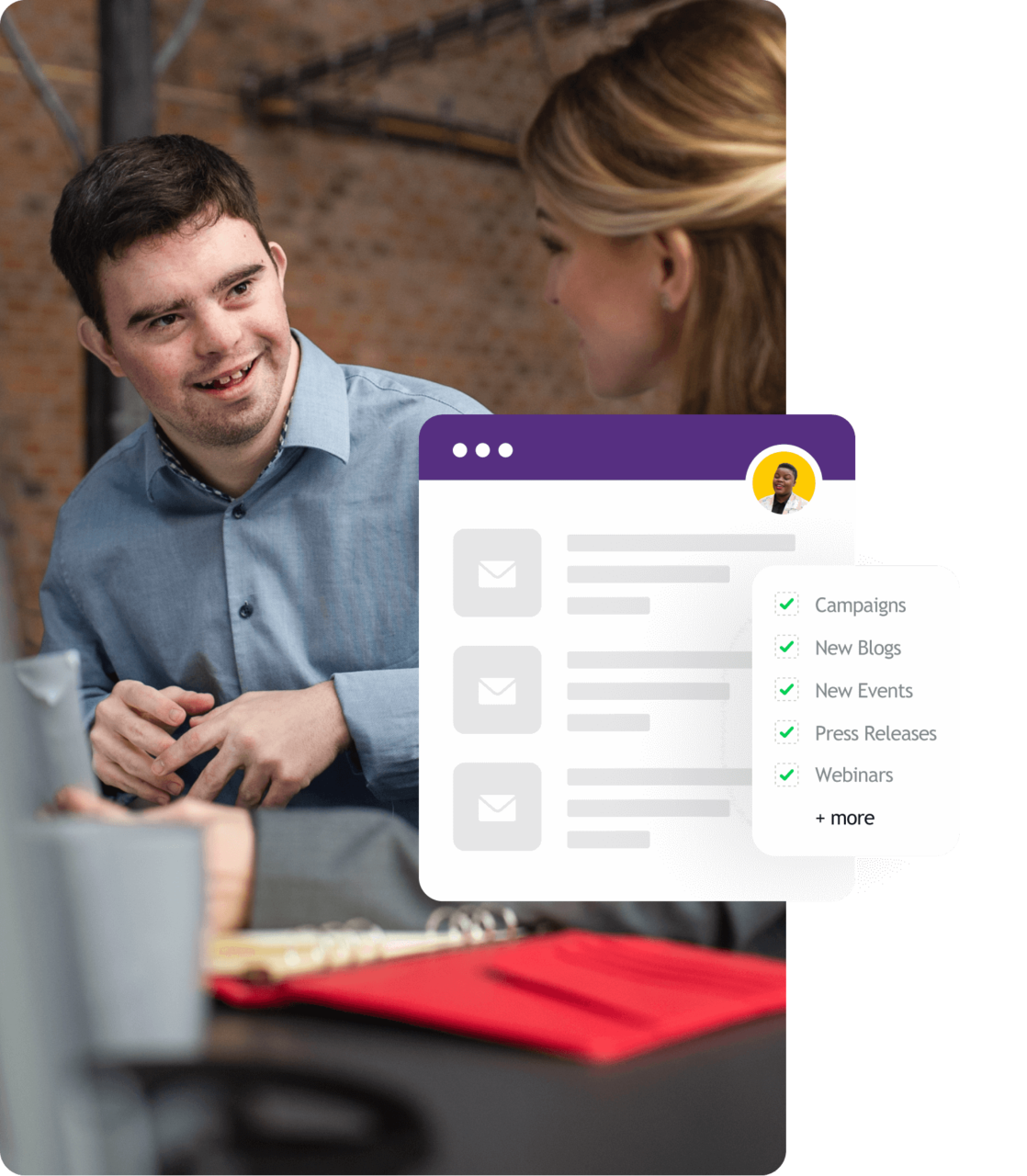
Stay Informed with the Latest News and Updates
